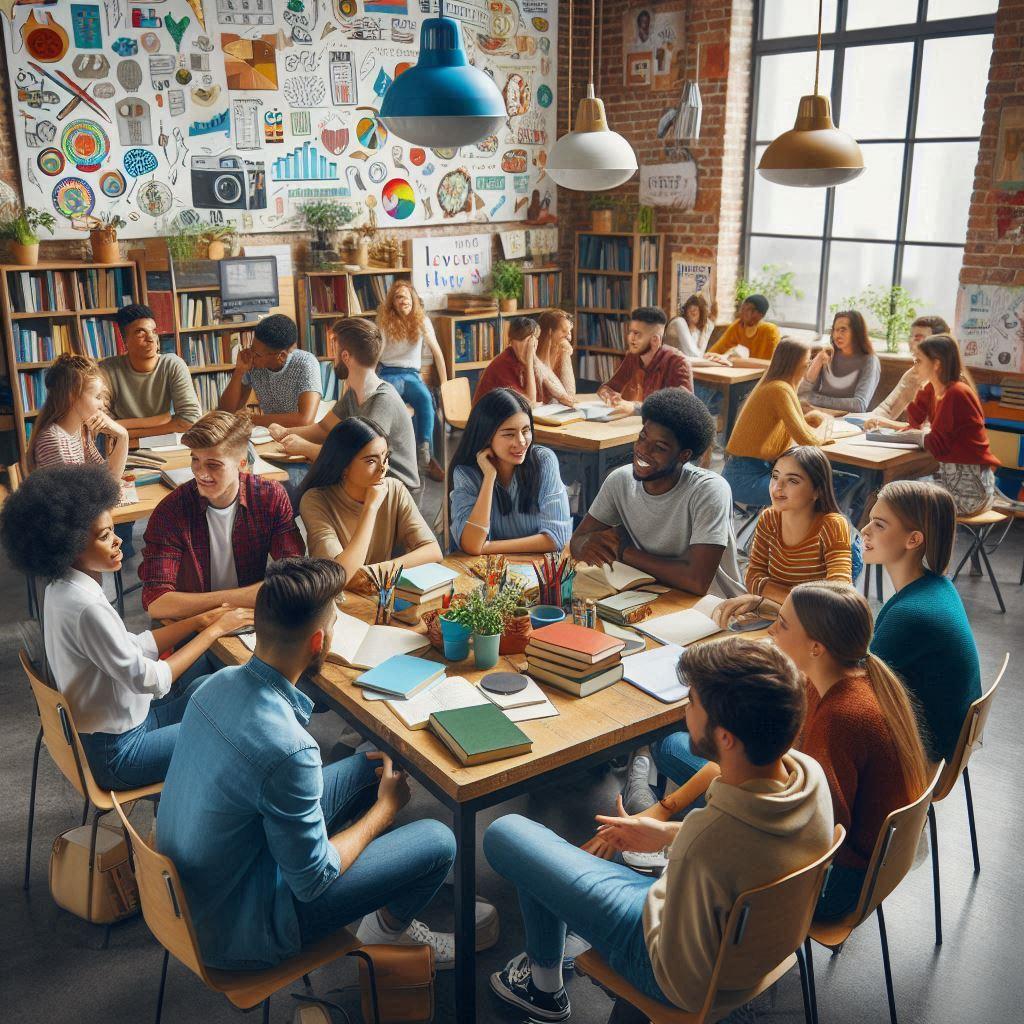Notifications

4 minutes, 52 seconds
-20 Views 0 Comments 0 Likes 0 Reviews

Education has long been recognized as one of the most important foundations of personal and societal growth. Nelson Mandela once said, "Education is the most powerful weapon which you can use to change the world." This statement still holds true today. Whether it's breaking the cycle of poverty, promoting gender equality, driving innovation, or fostering peace and understanding—education remains a driving force for positive change.
One of the most immediate and visible impacts of education is its ability to lift people out of poverty. When children—especially those from underprivileged backgrounds—receive quality education, they are more likely to find stable jobs, earn a living wage, and provide for their families. Education equips people with skills and knowledge that can open doors to better economic opportunities.
For many, education is the only path to a better future. It teaches not only academic knowledge but also critical life skills, such as problem-solving, communication, and time management. These abilities increase employability and help individuals adapt to a rapidly changing job market.
Education is a powerful tool for promoting social justice. It plays a key role in reducing inequalities, especially in terms of gender. When girls have access to education, they gain the knowledge and confidence needed to make informed choices about their lives, careers, and health. Educated women are more likely to participate in decision-making processes at home and in society, leading to more balanced and inclusive communities.
Furthermore, education creates awareness. It encourages people to challenge harmful traditions and stereotypes, leading to societies that are more respectful, inclusive, and equitable.
An educated population is essential for innovation. Countries that invest in education see stronger economic growth, improved public health, and more effective governance. Schools, colleges, and universities produce scientists, doctors, engineers, teachers, and entrepreneurs—people who push the boundaries of what's possible.
In today’s digital world, education in technology, science, and engineering is particularly important. These fields are driving global progress, from green energy solutions to medical breakthroughs. By empowering people with knowledge, education fuels creativity and problem-solving, which leads to real-world solutions.
Education promotes peace by teaching tolerance, empathy, and respect for others. It helps individuals understand different cultures, viewpoints, and beliefs, which reduces conflict and discrimination. In classrooms, students learn how to work together despite their differences. These lessons extend beyond school and into communities, promoting harmony and cooperation.
In conflict-affected regions, education can also be a stabilizing force. It offers young people a sense of normalcy, purpose, and hope. Educated individuals are more likely to reject violence and embrace dialogue, making education a critical tool in peacebuilding efforts.
Beyond economic and social benefits, education also contributes to individual fulfillment. It encourages curiosity, lifelong learning, and self-awareness. People who are educated tend to make better decisions, whether about health, finances, or civic engagement.
An educated citizen is more likely to vote, volunteer, and participate in their community. This active involvement strengthens democracy and leads to more accountable leadership and better policies.
Education is much more than reading, writing, and arithmetic. It is a transformative force that empowers individuals, lifts communities, and changes entire nations. From ending poverty to driving innovation, promoting peace, and fostering equality—education truly is the most powerful tool for change. Investing in education today means building a better, more just, and sustainable world for tomorrow.

